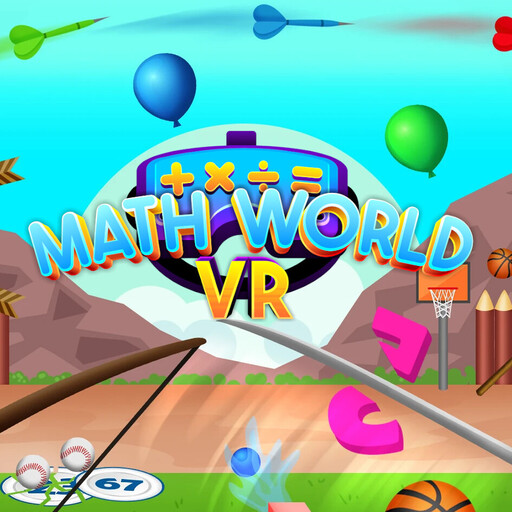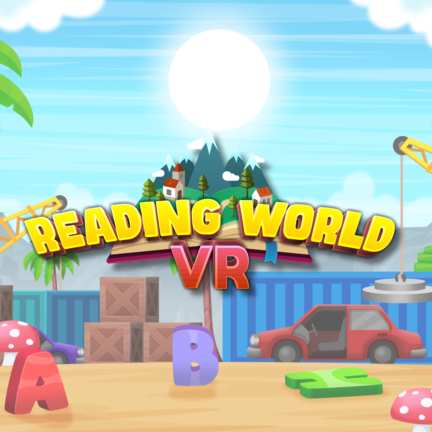In todays world of technology video games have become a part of many childrens lives. While concerns have been raised about the impacts of excessive gaming there is mounting evidence suggesting that video games can actually have positive effects especially when it comes to developing problem solving skills. In this blog post we will delve into how video games can assist children in enhancing their problem solving abilities leading to improved thinking, creativity and adaptability.
Cognitive Challenges and Puzzles
Video games present players, with puzzles and complex challenges that necessitate critical thinking and problem solving skills to overcome. Whether it involves solving riddles deciphering codes or navigating through mazes these games engage children’s minds. Encourage them to think. By encountering cognitive challenges children develop effective problem solving strategies while learning to analyze situations and make informed decisions in order to progress further in the game.
Trial and Error
Video games create an environment for children to experiment and learn through trial and error. When faced with obstacles or difficult levels children are motivated to explore approaches and strategies until they discover a solution.
Through a process of trial and error children learn the importance of resilience and persistence. They understand that failure is not the end but an opportunity to learn from mistakes and come up with solutions. These skills go beyond the world. Are crucial, for problem solving.
Collaboration and Communication
In video games kids have the chance to collaborate and communicate with others in multiplayer modes. By working towards goals they develop essential interpersonal skills such as effective communication, negotiation and coordination. These experiences help them navigate group dynamics, which can be beneficial in real life situations like group projects or teamwork in sports.

Strategic Planning and Decision-Making
Strategy games, like real time strategy or turn based strategy games require players to think ahead anticipate consequences and create long term plans. Kids can sharpen their thinking abilities through these games. They also learn how to analyze resources, weigh options and make decisions that have both future implications. This cultivates thinking skills.
Assisting in improving a child’s capacity to assess situations consider viewpoints and make optimal decisions.
Creativity and Adaptability
Video games often present ended challenges that allow players to approach problems from perspectives. This freedom encourages children to think and explore solutions. They learn to think outside the box adapt their strategies to changing circumstances and discover ways to overcome obstacles. This ability to adapt and think creatively not enhances problem solving skills but fosters curiosity and a sense of exploration, qualities that are valuable, in academic settings as well as real life situations.
Potential Neurological Benefits of Game-Based Learning
In addition to the engagement and motivation provided by video games there is an aspect of game based learning that merits exploration.
- Neural Plasticity: Video games, especially those that challenge cognitive abilities, can help stimulate the brain and promote neural plasticity. This adaptability of the brain enhances its capacity to learn and remember new information.
- Stress Reduction: Engaging in video games can trigger the release of dopamine, a neurotransmitter associated with pleasure and reward. This can help reduce anxiety and stress, creating a more conducive environment for learning.
- Enhanced Attention and Focus: Fast-paced games that require quick decision-making can potentially improve attention span and concentration. This heightened focus can help be beneficial in traditional learning scenarios.
- Spatial Skills Development: Games that involve navigating through three-dimensional spaces can help enhance spatial intelligence. This skill is crucial in subjects like geometry and physics.
- Memory Boost: Many games involve remembering patterns, sequences, or critical game elements. Regularly playing such games can help improve both short-term and long-term memory.
- Emotional Resilience: Games often involve facing challenges, failures, and the need to retry. This can help teach students persistence, resilience, and the importance of learning from mistakes.
Incorporating video games into education goes beyond making learning enjoyable; it also involves leveraging their benefits. As educators and parents recognizing these advantages provides a understanding of the potential for game based learning. By integrating video games into settings we can harness their power to create a dynamic, effective and neurologically advantageous learning environment for students.

Striking the Balance: Video Games and Real-World Experiences
While educational video games undeniably offer a plethora of benefits in developing problem-solving skills, it’s essential to strike a balance between the virtual and real worlds. Here’s why this balance is crucial and how to achieve it:
1. Diverse Problem-Solving Scenarios:
- Importance: Real-world challenges often differ from virtual ones. While video games can simulate various situations, real-life presents unpredictable problems that require on-the-spot thinking.
- Action: Encourage children to participate in activities outside of gaming, such as puzzles, board games, or team sports, to expose them to a broader range of problem-solving scenarios.
2. Social Interactions:
- Importance: While many video games offer collaborative modes, face-to-face interactions teach children nuances like body language, tone modulation, and empathy.
- Action: Organize group activities, playdates, or team-building exercises to ensure children get ample opportunities for direct social interactions.
3. Physical Well-being:
- Importance: Sedentary lifestyles, often associated with prolonged gaming, can have health implications. Physical activity is essential for overall well-being and cognitive function.
- Action: Ensure regular breaks from gaming for physical activities like walking, cycling, or playing outdoor games.
4. Overcoming Digital Distractions:
- Importance: The digital world, with its instant gratifications, can sometimes reduce a child’s patience and persistence in real-world tasks.
- Action: Set specific gaming hours and encourage activities that require prolonged focus, like reading, crafting, or gardening.
5. Real-World Application:
- Importance: Applying problem-solving skills in real-world situations reinforces learning and boosts confidence.
- Action: Create opportunities for children to apply their skills, be it in household chores, school projects, or community services.
Conclusion
Contrary to beliefs video games can play a role, in developing childrens problem solving skills.
Through facing challenges learning from mistakes collaborating with others coming up with strategies and unleashing their creativity video games offer children a platform to stimulate their minds and nurture their thinking abilities. However it is important to find a balance, between gaming and other activities in order to ensure development. Parents and educators can harness the potential of video games by choosing age games setting boundaries and promoting healthy gaming habits. Video games are widely. Can assist children in honing their problem solving skills. With guidance and moderation video games can be a tool, for fostering problem solving abilities and equipping children with the skills necessary to tackle the challenges of the modern world.








